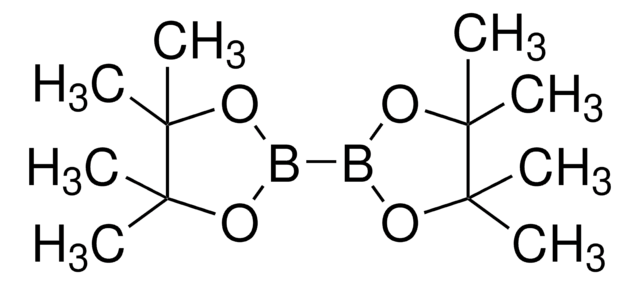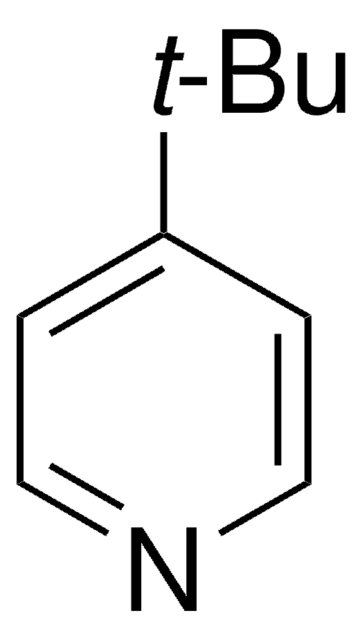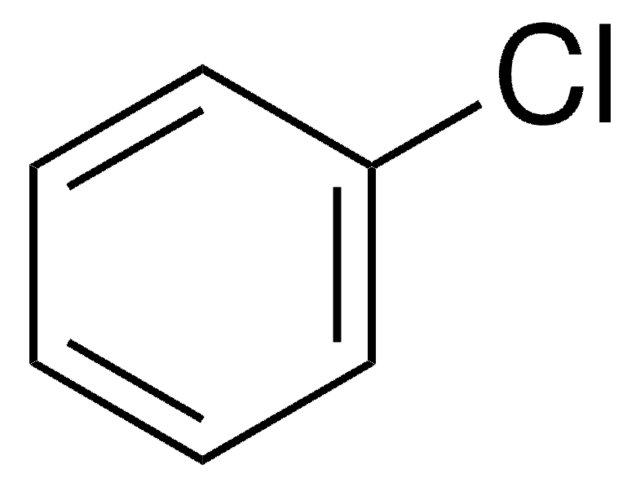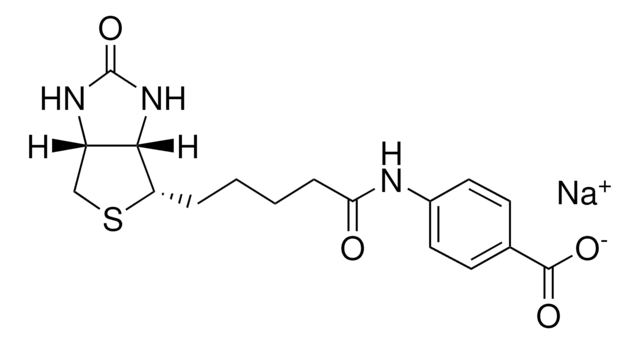791733
Acétate de potassium
anhydrous, free-flowing, Redi-Dri™, ACS reagent, ≥99.0%
About This Item
Produits recommandés
Qualité
ACS reagent
anhydrous
free-flowing
Niveau de qualité
Pression de vapeur
<0.0000001 hPa ( 25 °C)
Gamme de produits
Redi-Dri™
Pureté
≥99.0%
Forme
powder
Impuretés
≤0.005% insolubles
pH
6.5-9.0 (25 °C, 5%)
Densité
1.57 g/cm3 at 25 °C (lit.)
Traces d'anions
chloride (Cl-): ≤0.003%
phosphate (PO43-): ≤0.001%
sulfate (SO42-): ≤0.002%
Traces de cations
Ca: ≤0.005%
Fe: ≤5 ppm
Mg: ≤0.002%
Na: ≤0.03%
heavy metals: ≤5 ppm (by ICP-OES)
Chaîne SMILES
[K+].CC([O-])=O
InChI
1S/C2H4O2.K/c1-2(3)4;/h1H3,(H,3,4);/q;+1/p-1
Clé InChI
SCVFZCLFOSHCOH-UHFFFAOYSA-M
Vous recherchez des produits similaires ? Visite Guide de comparaison des produits
Catégories apparentées
Description générale
Application
Caractéristiques et avantages
- Increased efficiency – Eliminates time and effort of loosening hardened powders
- Safety – Eliminates tools of force used to break up clumps
- Ecology – Reduces waste as it does not stick to the packaging
- Economy – Faster preparation and solvation increase productivity and reduce costs
- Assured Quality – Excellent, expert-tested quality with no anti-caking agents
- Flexible volumes – Available from research amounts to scale-up quantities
Informations légales
Code de la classe de stockage
13 - Non Combustible Solids
Classe de danger pour l'eau (WGK)
WGK 1
Point d'éclair (°F)
Not applicable
Point d'éclair (°C)
Not applicable
Certificats d'analyse (COA)
Recherchez un Certificats d'analyse (COA) en saisissant le numéro de lot du produit. Les numéros de lot figurent sur l'étiquette du produit après les mots "Lot" ou "Batch".
Déjà en possession de ce produit ?
Retrouvez la documentation relative aux produits que vous avez récemment achetés dans la Bibliothèque de documents.
Les clients ont également consulté
Notre équipe de scientifiques dispose d'une expérience dans tous les secteurs de la recherche, notamment en sciences de la vie, science des matériaux, synthèse chimique, chromatographie, analyse et dans de nombreux autres domaines..
Contacter notre Service technique




![[1,1′-bis(diphénylphosphino)ferrocène]dichloropalladium(II)](/deepweb/assets/sigmaaldrich/product/structures/130/734/8846aa26-1858-458a-998d-8c306c13bf0f/640/8846aa26-1858-458a-998d-8c306c13bf0f.png)




![[1,1′-Bis(diphénylphosphino)ferrocène]dichloropalladium(II), complexe avec le dichlorométhane](/deepweb/assets/sigmaaldrich/product/structures/825/986/4317978b-1256-4c82-ab74-6a6a3ef948b1/640/4317978b-1256-4c82-ab74-6a6a3ef948b1.png)